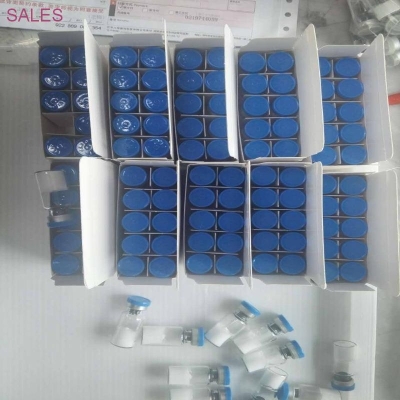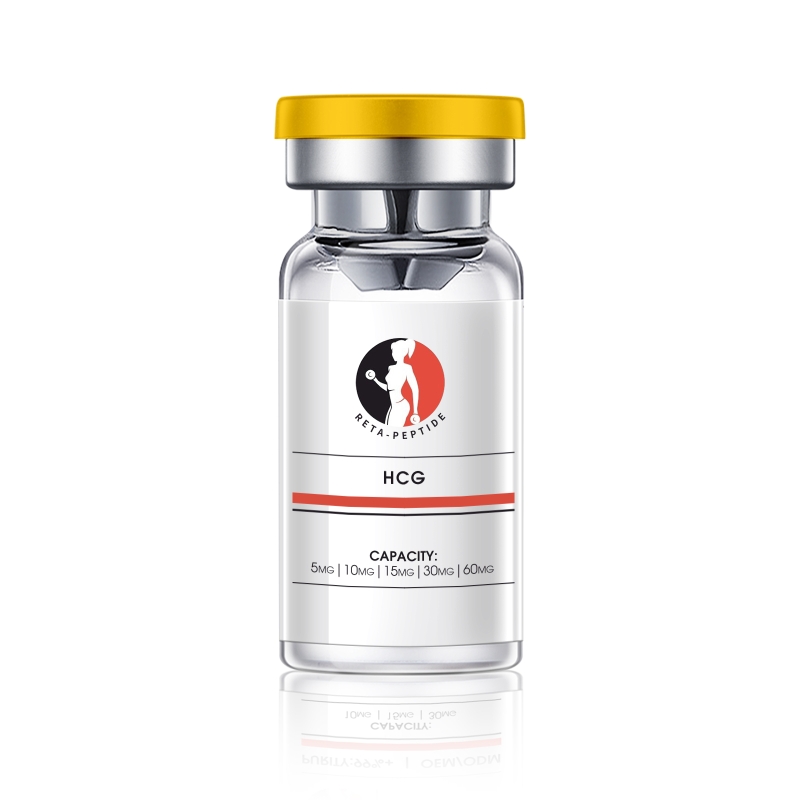-
Categories
-
Pharmaceutical Intermediates
-
Active Pharmaceutical Ingredients
-
Food Additives
- Industrial Coatings
- Agrochemicals
- Dyes and Pigments
- Surfactant
- Flavors and Fragrances
- Chemical Reagents
- Catalyst and Auxiliary
- Natural Products
- Inorganic Chemistry
-
Organic Chemistry
-
Biochemical Engineering
- Analytical Chemistry
-
Cosmetic Ingredient
- Water Treatment Chemical
-
Pharmaceutical Intermediates
Promotion
ECHEMI Mall
Wholesale
Weekly Price
Exhibition
News
-
Trade Service
3-(Isonicotinoylhydrazonomethyl) rifamycin, also known as MM2000, is a potent and selective inhibitor of enoyl-acyl carrier protein reductase (ENR), an enzyme that is involved in the synthesis of fatty acids in bacteria.
This compound has been studied extensively for its potential use in the chemical industry, specifically in the production of biofuels and chemicals.
One application of MM2000 in the chemical industry is in the production of biofuels.
Bacteria are commonly used in the production of biofuels, such as biodiesel and ethanol, through the process of fermentation.
By inhibiting the synthesis of fatty acids in bacteria, MM2000 can increase the yield of biofuels by reducing the competing energy demands of the bacteria.
MM2000 can also be used in the production of chemicals, such as polyesters and amino acids, that are derived from fatty acids.
In bacteria, fatty acids are converted into chemicals through a process known as fatty acid synthesis.
By inhibiting the synthesis of fatty acids, MM2000 can increase the production of these chemicals.
Another application of MM2000 in the chemical industry is in the development of new antibiotics.
ENR is an important enzyme in the synthesis of fatty acids in bacteria, and inhibiting this enzyme can be an effective way to kill bacteria.
MM2000 has been studied as a potential antibiotic, although it has not yet been approved for use in humans.
In addition to its applications in the production of biofuels and chemicals, MM2000 has also been studied for its potential use in the treatment of bacterial infections.
It has been shown to be effective against a wide range of bacterial pathogens, including Staphylococcus aureus and Mycobacterium tuberculosis.
Overall, MM2000 has the potential to significantly impact the chemical industry through its use in the production of biofuels and chemicals, as well as its potential as an antibiotic.
Further research is needed to fully understand the benefits and limitations of this compound, but it has shown great promise in these areas.







